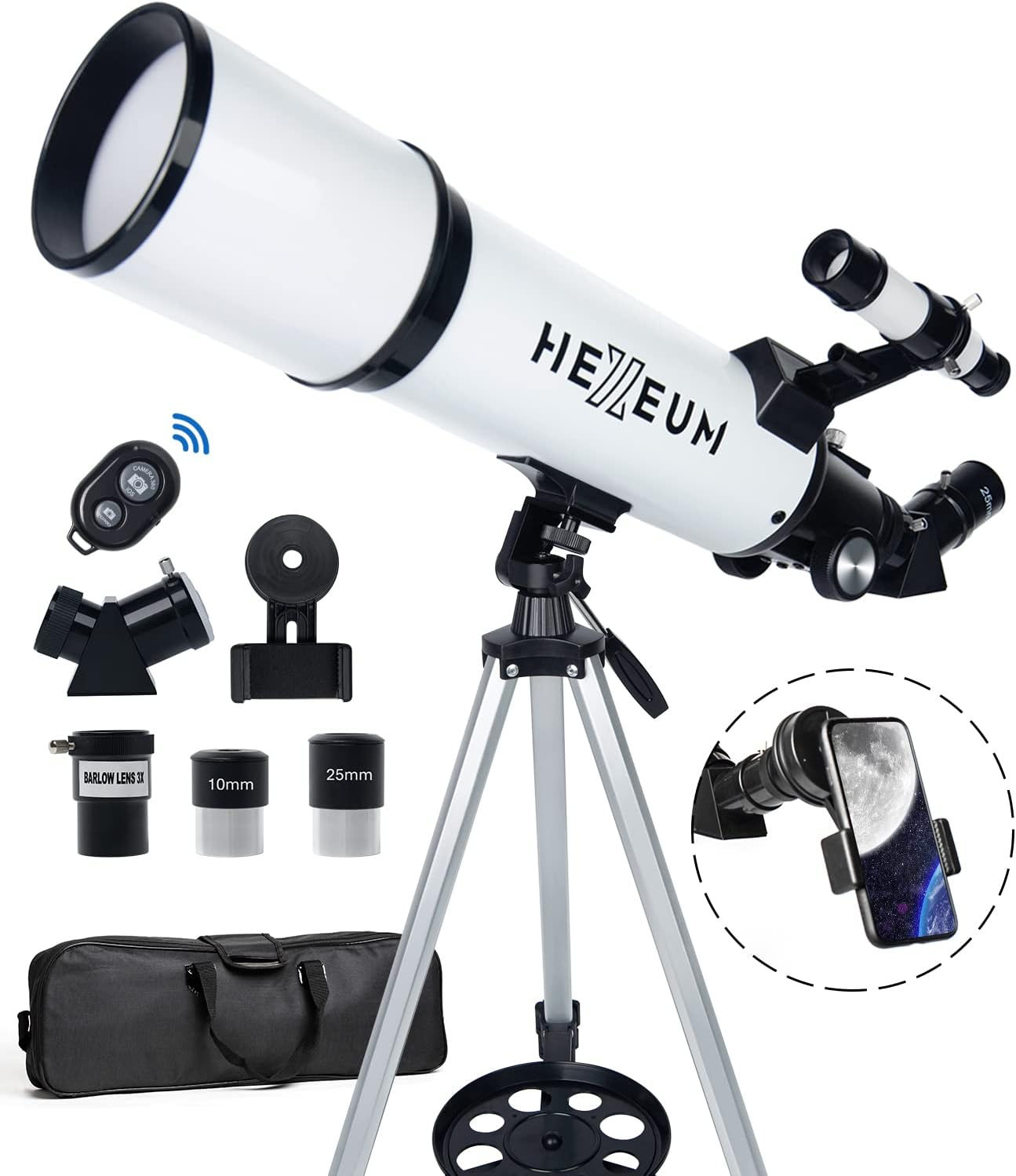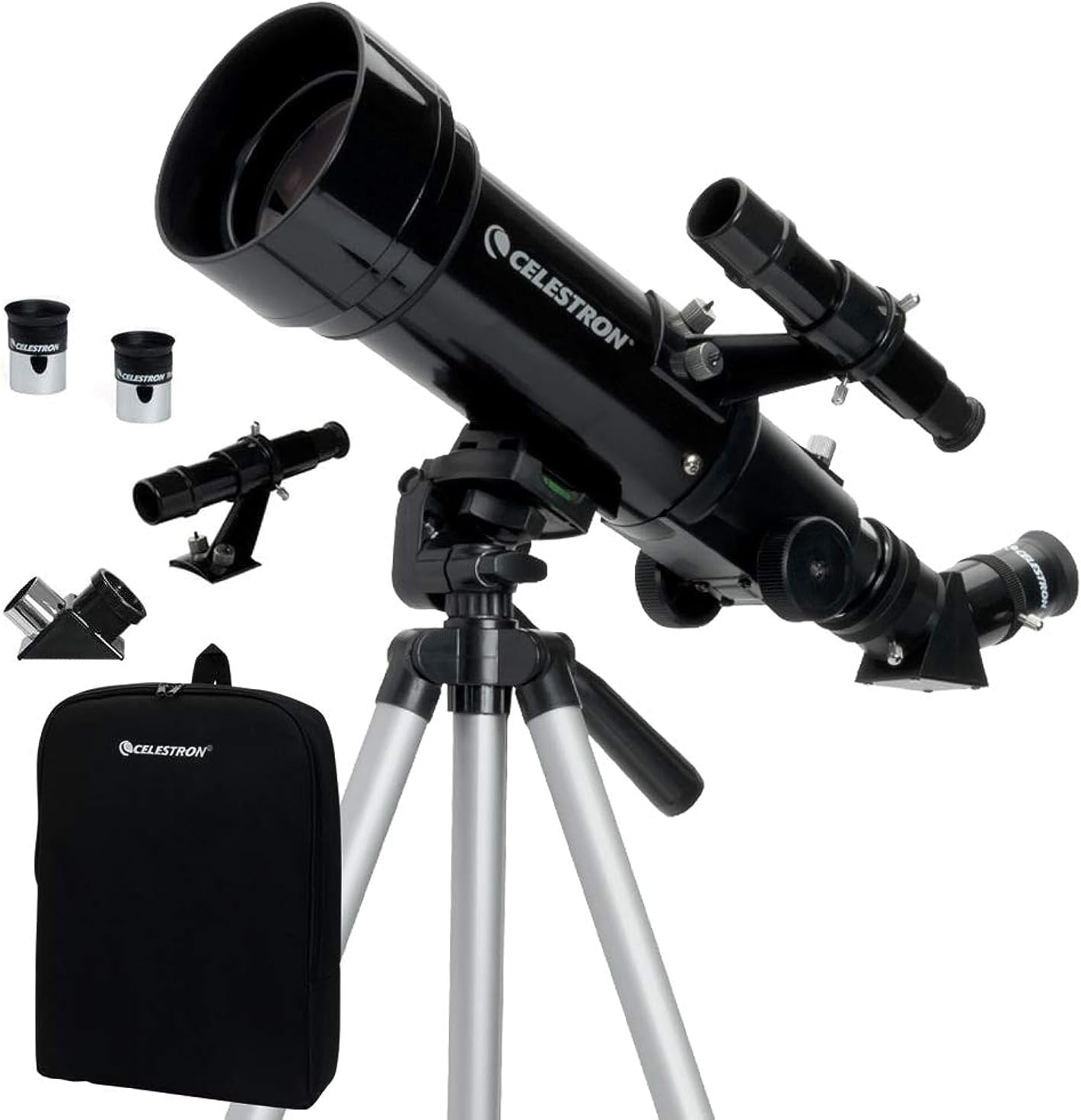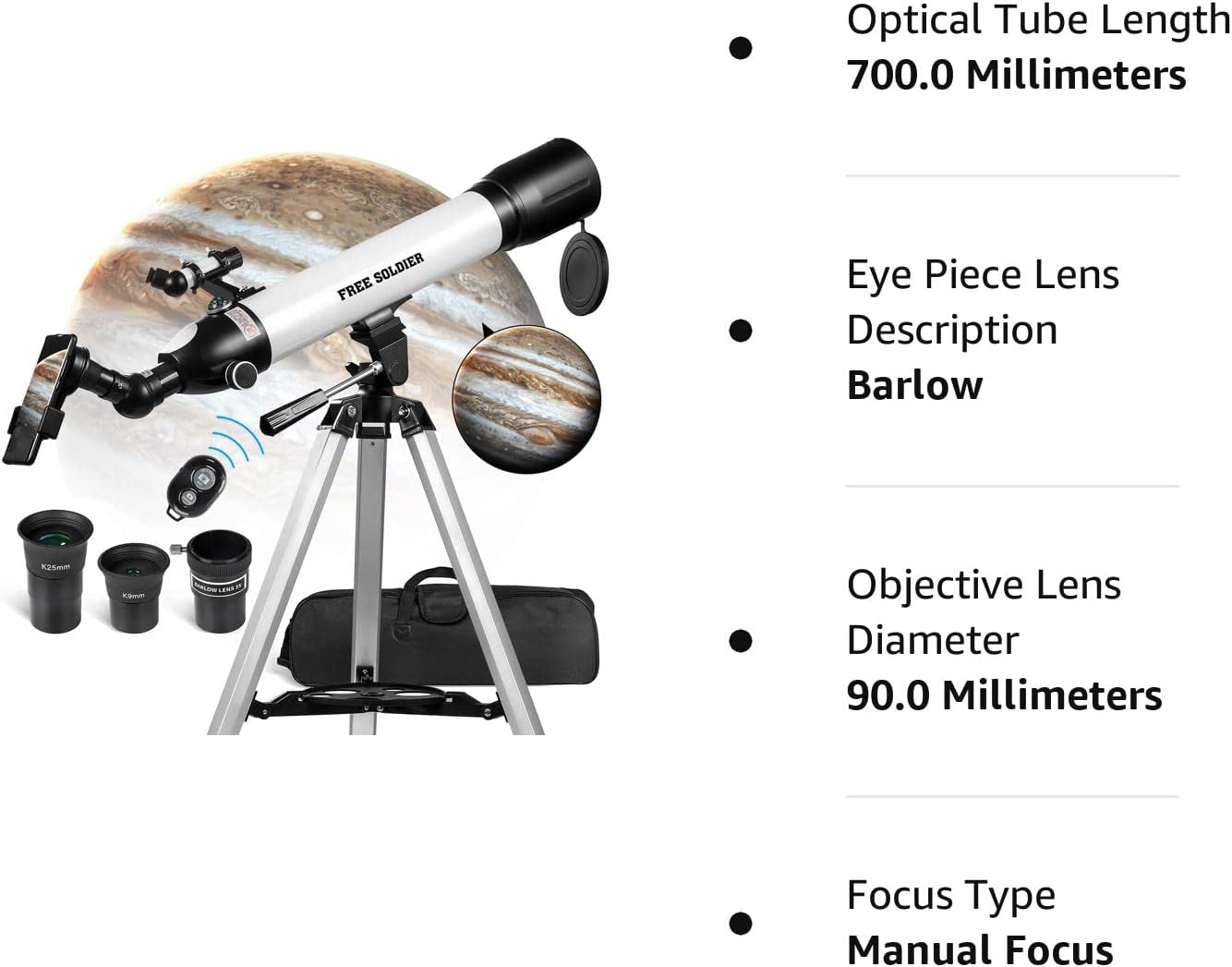Imagine you’re out on a sunny day, ready to observe the mesmerizing wonders of the sky. Did you know that solar filters play an essential role in ensuring a safe and enjoyable viewing experience? Solar filters are specially designed to protect your eyes and equipment from harmful solar radiation while allowing you to witness incredible phenomena like solar eclipses and sunspots. These incredible filters work by blocking out the majority of intense light and reducing the sun’s brightness, enabling you to marvel at the sun’s beauty without compromising safety.
A solar filter acts as a barrier against the powerful radiation emitted by the sun. It filters out harmful ultraviolet (UV) and infrared (IR) radiation, ensuring that only a safe amount of visible light reaches your eyes or camera. Whether you enjoy stargazing, astrophotography, or participating in astronomical events, solar filters are a must-have accessory. With them, you can unlock a whole new world of celestial wonders while keeping your eyes protected from the sun’s intense rays. So, go ahead and embrace the opportunity to explore the mysteries of our solar system in a safe and secure way with solar filters! Solar filters are specialized devices that are used to protect our eyes and equipment from the harmful rays of the sun. They work by blocking or reducing the intensity of sunlight, allowing us to safely observe or photograph the sun. These filters are commonly used in solar observations, photography, and during solar eclipse events. Solar filters come in various types, ratings, and have specific applications. It is important to choose the right solar filter for your needs and to use them correctly to ensure your safety. In this article, we will discuss the definition, importance, types, ratings, applications, selection, and usage of solar filters, as well as the safety precautions and common misconceptions associated with them.
Definition of Solar Filters
Solar filters, as the name suggests, are filters specifically designed to protect our eyes and equipment from the intense light and heat of the sun. They are optical devices that work by reducing or blocking certain wavelengths of light, allowing safe observation or photography of the sun. These filters are made from various materials that have the ability to block or attenuate specific wavelengths of light, such as Mylar, glass, or polymer. When properly used, solar filters can prevent eye damage and protect the sensitive components of cameras and telescopes from being damaged by the sun’s intense heat.
Importance of Solar Filters
The importance of using solar filters cannot be overstated. Without the proper protection, observing or photographing the sun can cause serious damage to our eyes and equipment. The sunlight that reaches our eyes and cameras is made up of harmful ultraviolet (UV) radiation, visible light, and infrared (IR) radiation. These different types of radiation can cause damage to our eyes, leading to conditions such as solar retinopathy or even permanent blindness. Additionally, the intense heat from the sun can damage the sensitive components of cameras and telescopes, rendering them unusable. Therefore, using solar filters is crucial in ensuring our safety and the longevity of our equipment.
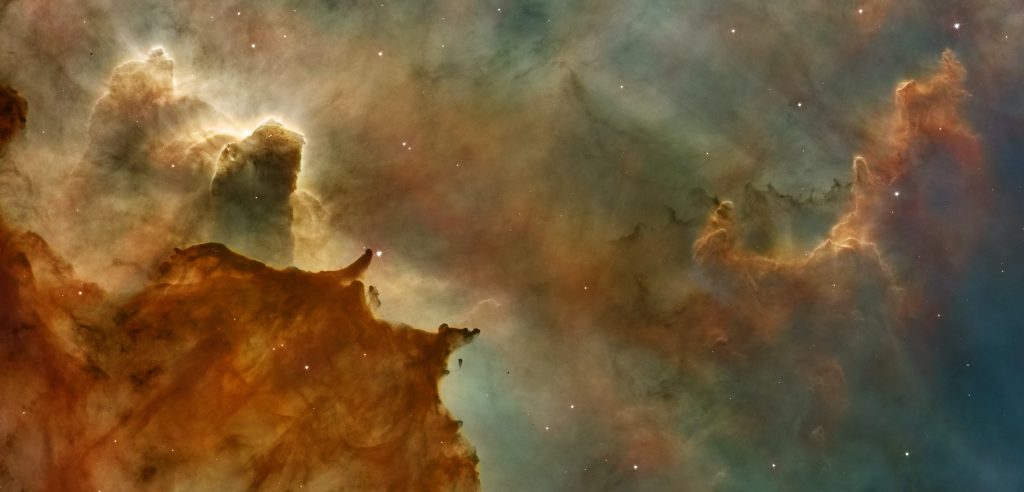
Types of Solar Filters
There are several types of solar filters available in the market. Each type has its own advantages and considerations.
Mylar Filters
Mylar filters are one of the most popular and affordable types of solar filters. They are made from a thin, heat-resistant polyester film coated with a metal or dielectric material that reflects and absorbs harmful solar radiation. Mylar filters are lightweight, easy to use, and provide good solar image quality. They are suitable for solar observations and photography, especially for beginners or casual users. However, they may degrade over time with prolonged exposure to sunlight and require periodic inspection for any damage or degradation.
Glass Filters
Glass filters are another common type of solar filters. They are made from a specially coated glass that filters out harmful solar radiation while allowing the desired wavelengths to pass through. Glass filters offer excellent optical quality and durability. They are resistant to degradation and can withstand extended exposure to sunlight. Glass filters are suitable for professional photography and high-precision solar observations. However, they can be more expensive compared to other types of solar filters.
Polymer Filters
Polymer filters are a relatively new type of solar filters that are gaining popularity. They are made from a special polymer material that has the ability to absorb harmful solar radiation. Polymer filters offer good optical quality, durability, and are lightweight. They are suitable for both solar observations and photography. Polymer filters are often used in solar eclipse glasses, making them widely accessible to the general public. However, like Mylar filters, they may degrade over time and require regular inspection for any damage or degradation.
Solar Filter Ratings
When choosing a solar filter, it is important to consider its ratings, which indicate its ability to protect against solar radiation. There are several key ratings to be aware of.
Optical Density
Optical density is a measure of a solar filter’s ability to attenuate or block out specific wavelengths of light. It is usually represented by a numerical value, with higher numbers indicating greater density and better protection against harmful radiation. When choosing a solar filter, it is recommended to select one with an optical density of at least 5 for safe solar observations or photography.
Solar Energy Rejection
Solar energy rejection indicates the percentage of solar energy that is being blocked or reflected by the solar filter. Higher solar energy rejection values mean that more solar energy is being rejected by the filter, resulting in lower heat transfer and a cooler filter. This is particularly important for protecting the sensitive components of cameras and telescopes from excessive heat.
Ultraviolet Transmission
Ultraviolet transmission refers to the percentage of ultraviolet light that is being transmitted through the solar filter. Solar filters should have a very low ultraviolet transmission, preferably zero, to provide adequate protection against harmful UV radiation. UV radiation can cause damage to our eyes and equipment, so it is important to choose a solar filter that effectively blocks it.
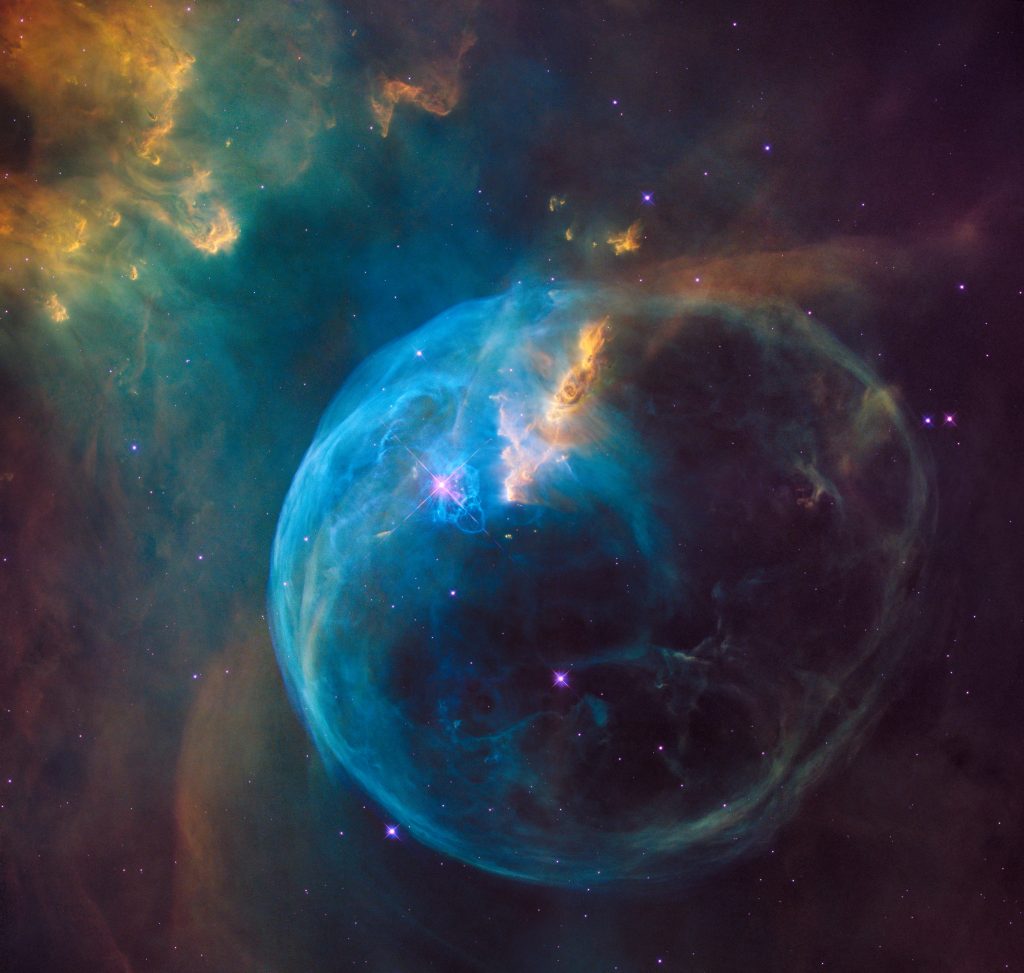
Applications of Solar Filters
Solar filters have a wide range of applications in various fields. Some of the common applications include solar observations, photography, and solar eclipse viewing.
Solar Observations
Solar filters are essential for safely observing the sun. They allow us to study and analyze solar activities, such as sunspots, solar flares, and prominences. Solar filters provide the necessary protection for our eyes and equipment, allowing us to observe the intricate details and phenomena happening on the surface of the sun.
Photography
Solar filters are also used in solar photography. They enable photographers to capture stunning images of the sun’s disc and its features without risking damage to their cameras. With the proper solar filter, photographers can achieve well-defined solar images, revealing the sun’s intricate and dynamic structure.
Solar Eclipse Viewing
One of the most popular applications of solar filters is during solar eclipse events. Solar filters enable us to safely view and photograph the partial phases of a solar eclipse, as well as the rare, awe-inspiring totality. It is important to use proper solar filters specifically designed for eclipse viewing to prevent eye damage and to fully experience the breathtaking beauty of a solar eclipse.
How to Choose and Use Solar Filters
Choosing and using solar filters involves several important considerations. Here are the steps to guide you in selecting and using the right solar filter for your needs:
Research the Equipment
Before purchasing a solar filter, it is important to thoroughly research your equipment, such as telescopes or cameras. Different types and sizes of equipment may require specific solar filters that are compatible with their design and dimensions. Make sure to consult the manufacturer’s recommendations or seek advice from experienced users to ensure compatibility.
Determine the Appropriate Filter Type
Based on your intended applications and budget, determine the most suitable type of solar filter for your needs. Consider factors such as optical quality, durability, and price. Keep in mind that higher quality filters may provide better protection and longevity but may come at a higher cost.
Properly Install the Filter
Once you have chosen the appropriate solar filter, follow the manufacturer’s instructions for installation. Ensure that the filter is securely attached to your equipment and properly aligned. Take extra care when installing the solar filter on cameras or telescopes to avoid accidentally damaging the equipment.
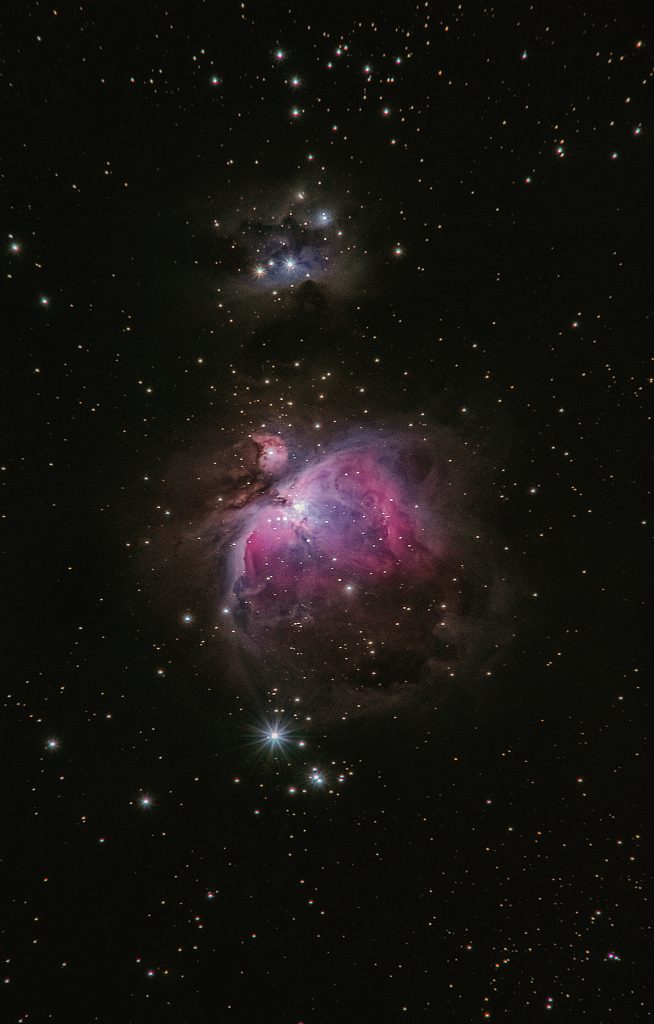
Safety Precautions when Using Solar Filters
While solar filters provide protection, it is important to follow safety precautions to ensure your well-being. Here are some safety guidelines to keep in mind when using solar filters:
Never Look Directly at the Sun
Regardless of whether you are using a solar filter or not, never look directly at the sun with your naked eyes. The intense light and heat of the sun can cause severe eye damage, even leading to permanent blindness. Always use a solar filter as an essential layer of protection when observing or photographing the sun.
Use Filters Designed for Solar Observations
Make sure to use solar filters that are specifically designed for solar observations or photography. Regular sunglasses or homemade filters are not adequate for protecting your eyes and equipment from the intense solar radiation. Solar filters made with the appropriate materials and ratings should be used to ensure safe viewing or imaging of the sun.
Regularly Inspect for Damage
Inspect your solar filters regularly for any signs of damage or degradation. Check for scratches, tears, or any other issues that may compromise the filter’s integrity. Damaged filters may not provide the necessary protection and should be replaced immediately.
Common Misconceptions about Solar Filters
There are several common misconceptions about solar filters that should be addressed:
Regular Sunglasses Can Be Used as Solar Filters
Regular sunglasses do not offer adequate protection against the intense solar radiation and can be dangerous to use when observing or photographing the sun. Sunglasses are designed to block out bright light but are not designed to filter out harmful UV or infrared radiation. Always use solar filters specifically designed for solar observations or photography.
DIY Solar Filters Are Safe
While DIY projects can be fun and educational, making your own solar filters is not recommended. Solar filters require precise materials and manufacturing processes to ensure their ability to protect against harmful radiation. Homemade filters may not have the necessary optical quality or protection, leading to potential eye damage or equipment failure.
Solar Filters Are Only Necessary During Eclipse Events
Solar filters are necessary whenever you are observing or photographing the sun, not just during eclipse events. The sun’s intense light and heat can cause eye damage and equipment failure at any time. Whether you are observing sunspots, solar flares, or simply enjoying the beauty of the sun, always use the appropriate solar filters for protection.
Conclusion
In conclusion, solar filters are essential for protecting our eyes and equipment when observing or photographing the sun. They come in various types, ratings, and have specific applications. When choosing a solar filter, it is important to consider the optical density, solar energy rejection, and ultraviolet transmission ratings. Solar filters are used in solar observations, photography, and during solar eclipse events. It is crucial to choose the right solar filter for your needs, properly install it, follow safety precautions, and avoid common misconceptions. By using solar filters correctly, we can safely enjoy the wonders of the sun while preserving our eyes and equipment.





